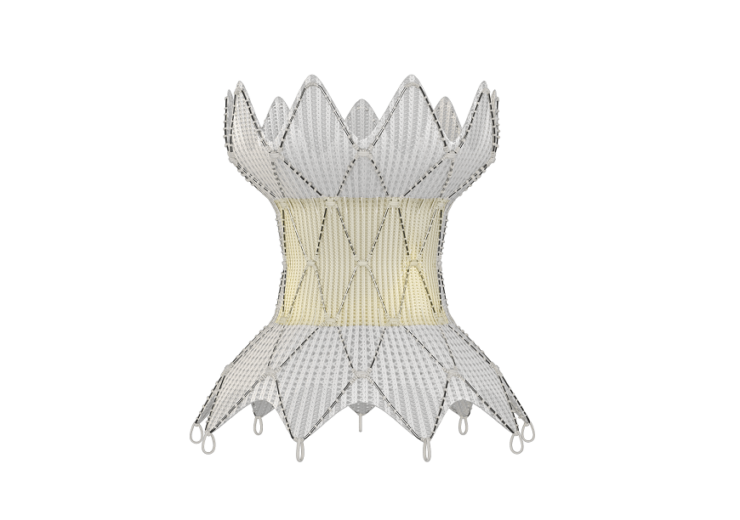Harmony TPV System is a minimally invasive alternative to open-heart surgery for the treatment of congenital heart disease in patients with right ventricular outflow tract (RVOT), who develop severe pulmonary valve regurgitation

Medtronic’s transcatheter pulmonary valve replacement system. (Credit: Medtronic)
Medtronic has relaunched its Harmony Transcatheter Pulmonary Valve (TPV) System, after the company recalled the device last year, due to issues with its delivery catheter.
Harmony TPV System is a minimally invasive alternative to open-heart surgery for the treatment of congenital heart disease in patients with right ventricular outflow tract (RVOT).
It treats patients with RVOT anomalies who develop severe pulmonary valve regurgitation, a condition where blood leaks back into the right lower chamber after being pumped into the lungs.
Harmony TPV device was first approved by the US Food and Drug Administration (FDA) in March 2021, based on Harmony TPV clinical study, and is also approved in Japan.
Medtronic SVP and structural heart and aortic business president Nina Goodheart said: “The relaunch of Harmony TPV underscores our continued commitment to advancing solutions for all people who experience heart disease, and we are proud to be driving innovation forward by offering the first non-surgical solution designed for congenital heart disease patients with severe pulmonary valve regurgitation.”
Congenital heart disease (CHD) is a common type of birth defect, and one in five CHD patients has structural malformations that disrupt the connection between the heart and lungs (RVOT).
Currently, open-heart surgery or other interventions early in life, include the standard of care to address the malformations.
The majority of CHD patients who require a native or surgically repaired RVOT at birth will need a pulmonary valve replacement later in life, which often requires another open-heart surgery.
In March 2022, Medtronic commenced a voluntary recall of the Harmony Delivery Catheter System (DCS) due to six reported cases of damage to the bond holding the capsule attached to the delivery catheter.
The medical device company worked collaboratively with the FDA to remediate the issue and has secured the FDA approval to relaunch the device into the US market.
Children’s Hospital of Philadelphia interventional cardiology director and valve centre co-director at Matthew J Gillespie said: “For congenital heart disease patients with severe pulmonary valve regurgitation, utilising a valve that works with their anatomy is key to preventing risks such as right-sided heart failure, and optimising outcomes while minimising the disruption to their lives.”
